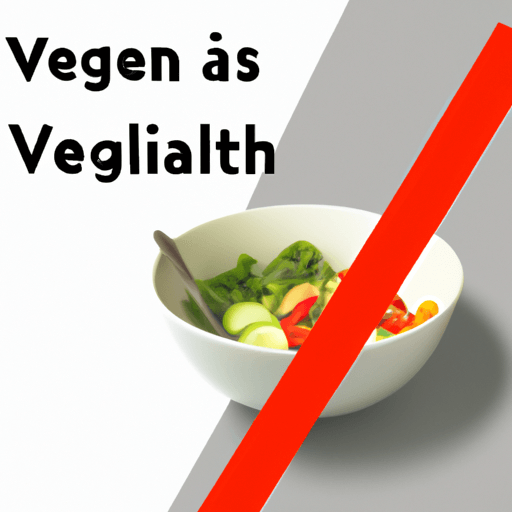The Vegan Lifestyle: A Comprehensive Examination
Introduction
Veganism, a lifestyle that abstains from the use of animal products, particularly in diet, has steadily grown in popularity over the years. Today, more and more people are becoming vegan, driven by a variety of reasons such as concern for animal welfare, the environment, and personal health. This article delves into the various aspects of veganism—exposing its benefits, identifying potential risks, and debunking common misconceptions.
Does Veganism Promote a Healthier Lifestyle?
Scientific research supports the health benefits of a vegan diet. Studies reveal that vegans tend to have lower body mass indexes, lower blood pressure, and lower cholesterol. They also have lower rates of heart disease, certain cancers, and type 2 diabetes (American Journal of Clinical Nutrition, 2009). Vegans consume more fruits, vegetables, legumes, and whole grains, all of which are rich in essential nutrients.
However, vegan diets require careful planning to ensure all essential nutrients are covered. Risks associated with veganism include nutrient deficiencies, specifically B12, iron, calcium, iodine, and omega-3 fatty acids. Nutrient deficiencies can compromise the immune system functionality, cause anemia, and weaken bone health.
Common Misconceptions about Veganism
One common misconception is that vegans do not get enough protein. On the contrary, vegans can fulfill their protein needs from plant-based sources such as tofu, lentils, chickpeas, seitan, and other legumes. Another perception is that a vegan diet is restrictive. In reality, a vegan diet can be diverse - filled with an abundance of fruits, vegetables, grains, and legumes.
Real-life Experiences and Expert Opinions
Many people who have switched to a vegan lifestyle report positive changes such as weight loss, higher energy levels, and improved digestion. However, transitions to a vegan diet must be gradual and carefully planned to ensure all nutrient needs are met.
“Vegan diets can meet all the nutritional needs if they are carefully planned. Just like any other diet, it can be unhealthy if filled with processed and junk food.” -Samantha Heller, nutritionist at NYU Langone Health
Conclusion
In conclusion, veganism can potentially promote a healthier lifestyle, but it's not devoid of risks, especially if one isn't mindful of their nutrient intake. Like any lifestyle choice, it is crucial to equip oneself with the correct knowledge and advice, dispel myths and misconceptions, and make well-informed decisions based on one's specific needs and conditions.


















Comments
Leave a Comment